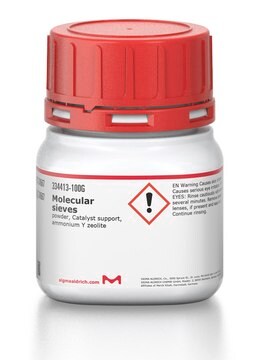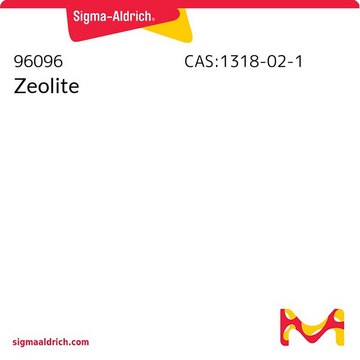19699
cis-2-Decenoic acid
≥95.0% (HPLC)
Synonyme(s) :
2-Decenoic acid, (2Z)-
About This Item
Produits recommandés
Niveau de qualité
Pureté
≥95.0% (HPLC)
95.0-105.0% (T)
Forme
liquid
Groupe fonctionnel
carboxylic acid
Type de lipide
unsaturated FAs
Température de stockage
−20°C
Chaîne SMILES
CCCCCCC\C=C/C(O)=O
InChI
1S/C10H18O2/c1-2-3-4-5-6-7-8-9-10(11)12/h8-9H,2-7H2,1H3,(H,11,12)/b9-8-
Clé InChI
WXBXVVIUZANZAU-HJWRWDBZSA-N
Vous recherchez des produits similaires ? Visite Guide de comparaison des produits
Catégories apparentées
Application
Actions biochimiques/physiologiques
Conditionnement
Mention d'avertissement
Warning
Mentions de danger
Conseils de prudence
Classification des risques
Aquatic Chronic 3 - Eye Irrit. 2 - Skin Irrit. 2
Code de la classe de stockage
10 - Combustible liquids
Classe de danger pour l'eau (WGK)
WGK 1
Certificats d'analyse (COA)
Recherchez un Certificats d'analyse (COA) en saisissant le numéro de lot du produit. Les numéros de lot figurent sur l'étiquette du produit après les mots "Lot" ou "Batch".
Déjà en possession de ce produit ?
Retrouvez la documentation relative aux produits que vous avez récemment achetés dans la Bibliothèque de documents.
Les clients ont également consulté
Notre équipe de scientifiques dispose d'une expérience dans tous les secteurs de la recherche, notamment en sciences de la vie, science des matériaux, synthèse chimique, chromatographie, analyse et dans de nombreux autres domaines..
Contacter notre Service technique











